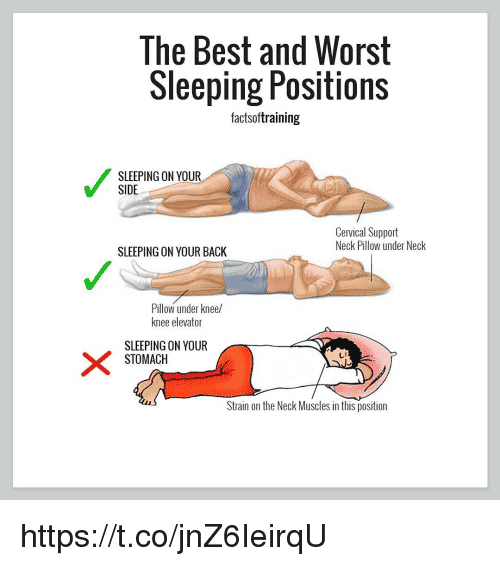Many people with anxiety have trouble sleeping and at some point it’s hard to tell whether you’re having trouble sleeping because you’re anxious, or you’re anxious because you can’t sleep. The fact is that stress and anxiety can cause sleeping problems, or worsen existing ones. Learning how to sleep when stressed and anxious is important for a variety of reasons. Too little sleep affects your mood and can contribute to irritability and sometimes depression. Vital brain functions occur during different stages of sleep that leave you feeling rested and energized and that help you learn and build memories. But experts say there are a number of strategies you can employ to recapture a good night’s rest.
- Do not associate your bed with a place you spend time awake: Cathy Goldstein, a physician at the University of Michigan and associate professor of neurology at the school’s Sleep Disorders Center, said it’s important to not associate your bed or bedroom with a place you spend time awake. Let your body know that when you are on the bed is time to sleep.
- If you are on the bed and not able to sleep get up and do something relaxing: A psychologist at the University of California-San Diego, Sonia Ancoli-Israel, said, “You want to help your brain learn that the bed is for sleeping.” She recommends that, if you can’t fall asleep or you wake up and you’re lying awake in bed for 20 minutes or more, you should get out of bed and do something relaxing, whether that’s listening to an audiobook, watching television, or reading—just as long as whatever you’re doing isn’t “going to suck you in.”
- Avoiding electronics late at night: Experts recommend avoiding electronics late at night. “Make your bedroom a device-free zone,”
- Schedule time during your day to think about things that bother you: Ancoli-Israel recommends scheduling 10 minutes during your day to do nothing other than worry. “Turn off your phone, don’t let anyone bother you, and just sit and concentrate on all the things that you are worried and anxious about”. The practice will help your brain learn to compartmentalize stress. That way, if you wake up in the middle of the night and start to worry, “you can say, ‘Wait a minute—I have from 10 to 10:15 a.m. to do this tomorrow, and I don’t have to think about it now,” Ancoli-Israel said.
- Exercising regularly: Douglas Kirsch, a neurologist, sleeps specialist, and former president of the American Academy of Sleep Medicine; recommends exercising regularly even you’re limited to exercising in your home. “Whatever you can do to get the body moving will help lead to a better night’s sleep.” Kirsch suggested using at-home, online exercise classes or even a jump rope.
- Do not change your sleeping the schedule: Kirsch also recommends keeping yourself in a daily routine that includes going to bed and waking up at the same time every day. “Your body likes to know when it’s going to go to sleep and get up, and that allows it to function optimally”. “When we change the schedule, that doesn’t allow sleep to occur in the same pattern,” and that can throw off your sleep habits and quality Kirsch explained.
NOTE: If you are having trouble falling asleep after 20 minutes of turning off the lights (or if you wake up and can’t fall back to sleep in 20 minutes), get out of bed and do something relaxing until you feel sleepy – like a cup of tea and reading a book.


